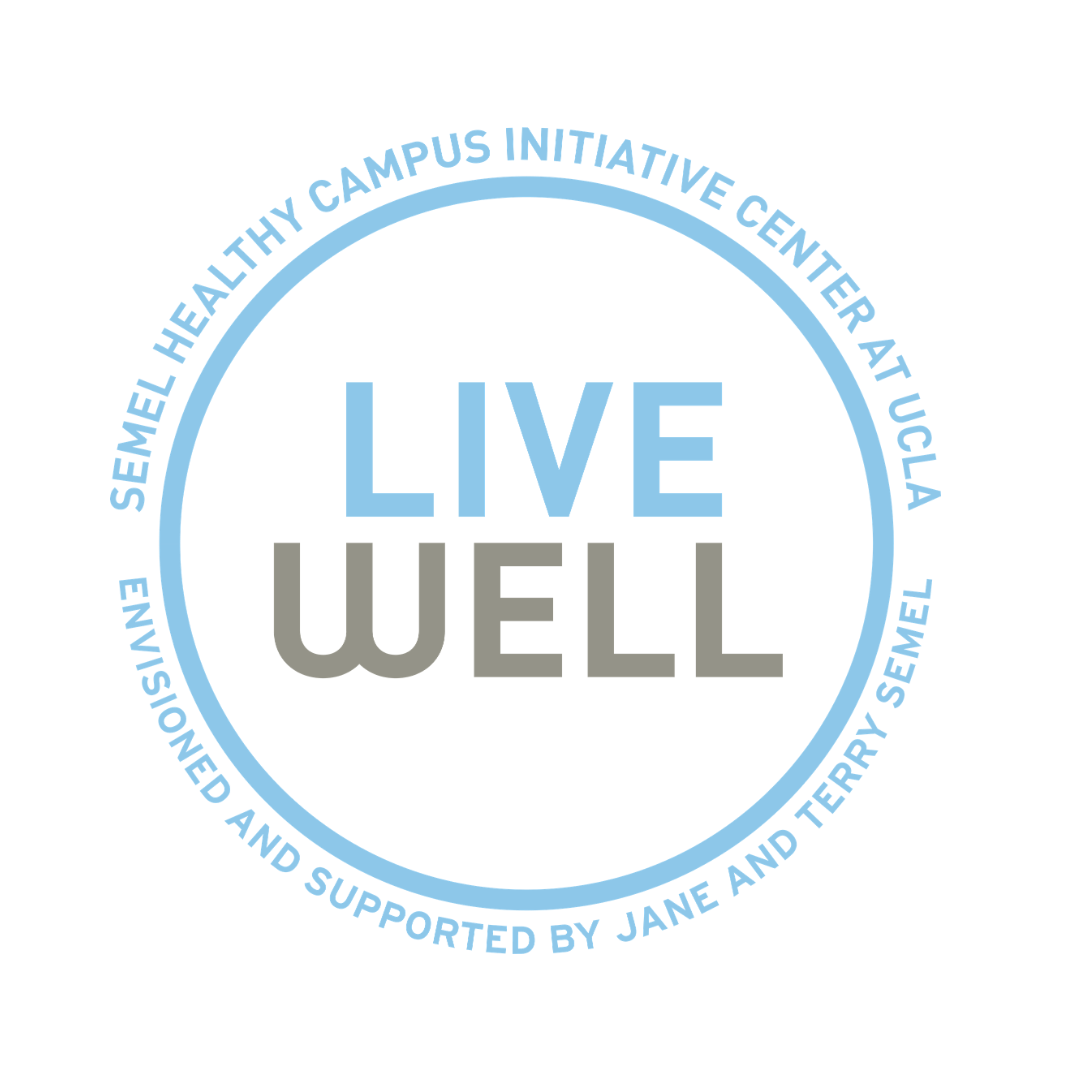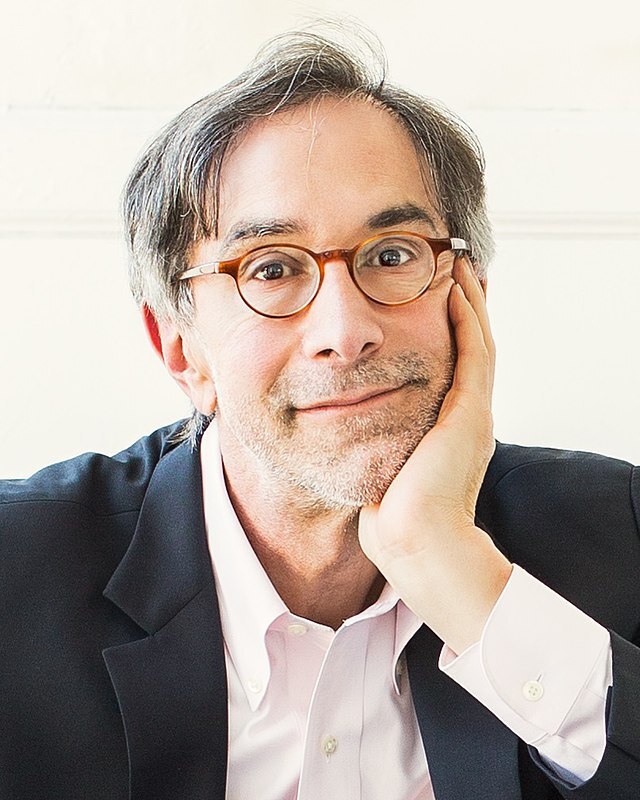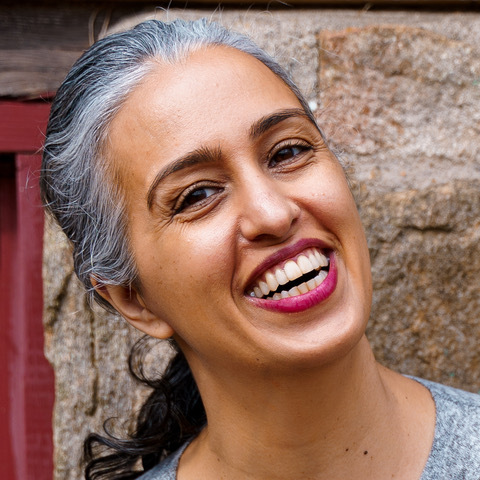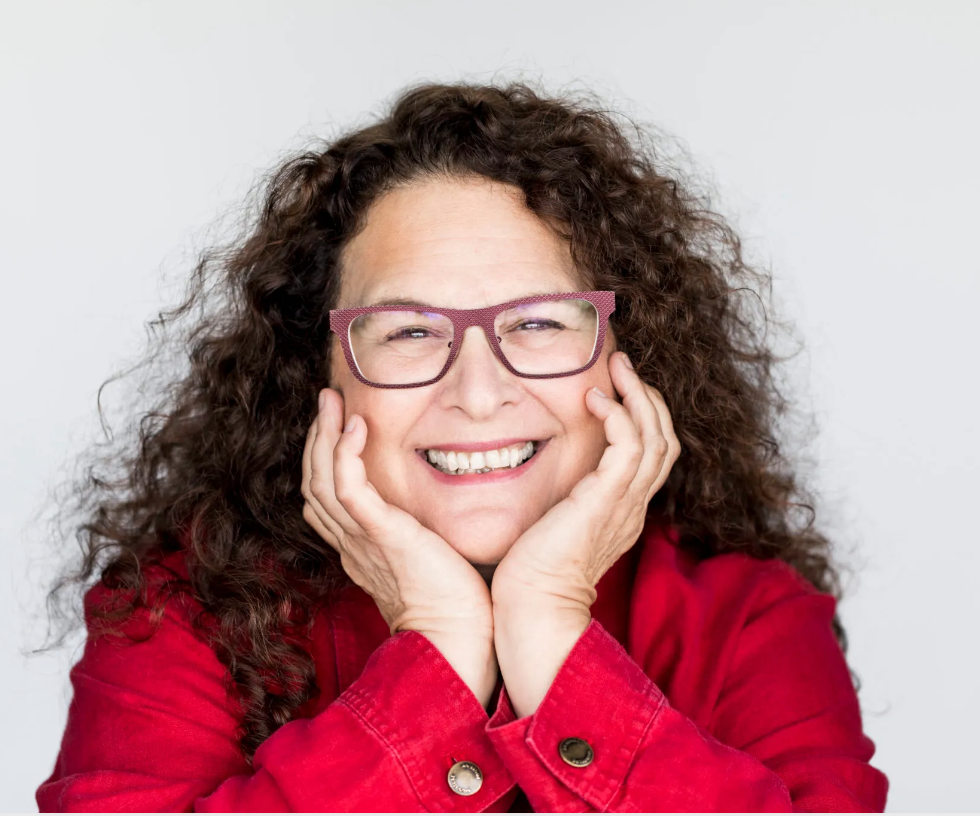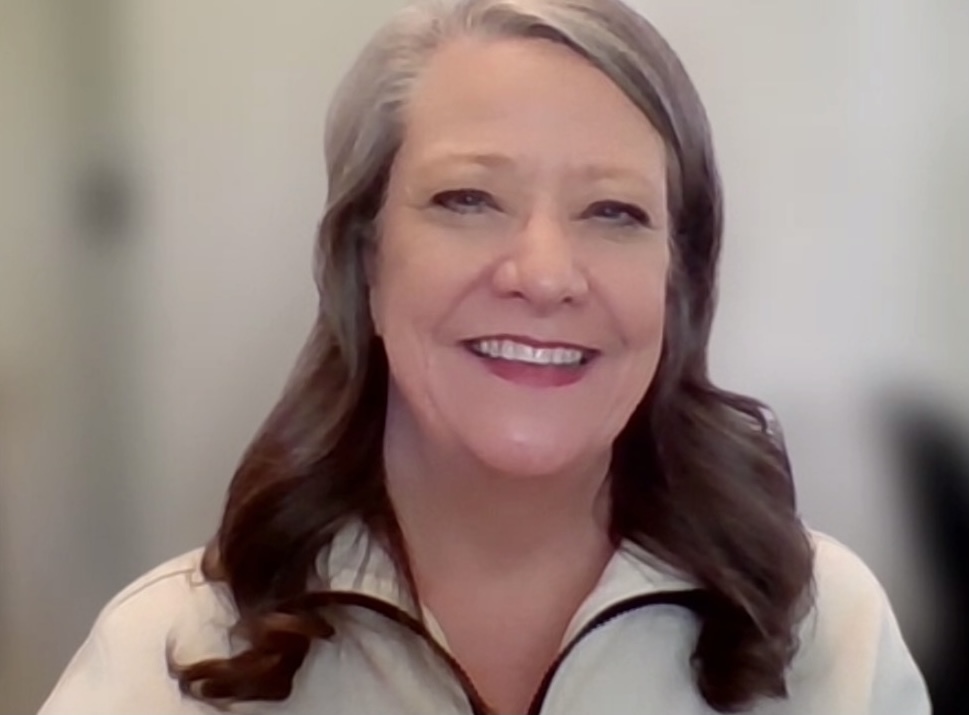This is the story of how noticing the abundant produce on citrus trees turned into what is now a 15 year old nonprofit, Food Forward, that transports nearly 90 million pounds of food to communities in need. Join us today as Rick Nahmias, founder and CEO of Food Forward, tells us that story and gives us insider tips to starting your own nonprofit, growing a team, and building meaningful relationships that help bring food where it belongs.
Visit our website to explore other episodes, suggest guests, offer feedback, or invite Wendy to be a guest on your podcast!
More about Rick Nahmias:
Before founding Food Forward in 2009, Rick Nahmias was an award-winning photographer and writer who focused on documenting the faces and stories of underserved communities. His formal training as a cook, along with his exploration of California’s agricultural workforce in his body of work entitled “The Migrant Project: Contemporary California Farm Workers” gave him a deep appreciation of and involvement in both the gourmet cooking and food justice worlds. This combined with his conviction that access to healthy, fresh, nutritious food is a human right, culminated in him first founding Food Forward in 2009, then becoming full-time CEO soon after.
Rick has spoken nationally and internationally on topics ranging from food justice to food waste to social innovation. His work has been profiled in dozens of media outlets including The Washington Post, PBS NewsHour, The Guardian, Sunset Magazine, NPR, LA Weekly, and The Los Angeles Times. Early in Food Forward’s journey, Rick served as a regional delegate to the Slow Food/Terra Madre Conference in Torino. He has been named a Draper Richards Kaplan Entrepreneur, a Ralph M. Parsons Fellow, and has won multiple Fast Pitch competitions for Food Forward in California and Texas. In the last several years he has received an inaugural Trailblazer Award by the International Association of Culinary Professionals, and the national TIAA Difference Maker award. He was named a Food Champion by the Los Angeles City Council, a Senior Fellow at UCLA’s Luskin School of Public Policy, one of 40 Inspiring Leaders by the Center for Nonprofit Management, and an Impact-Maker to Watch by the LA Board of Supervisors. Rick has served on the Leadership Circle of the LA Food Policy Council since 2016, and is a founding member of the Los Angeles County Food Equity Roundtable. Most recently he was awarded a sabbatical from the Durfee Foundation as part of their 2023-24 cohort. Because of Nahmias’ vision and tireless efforts, Food Forward has become a national leader in the food recovery and equity movement, providing solutions that are cost effective, innovative, scalable, and replicable.
